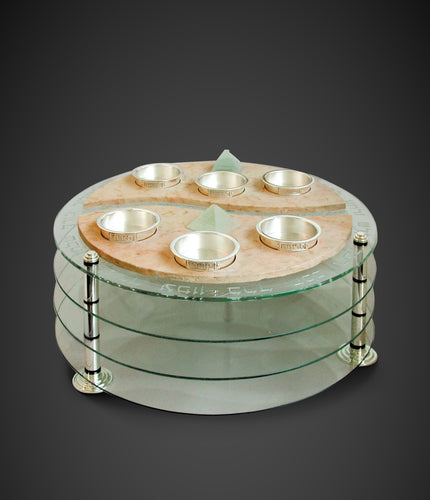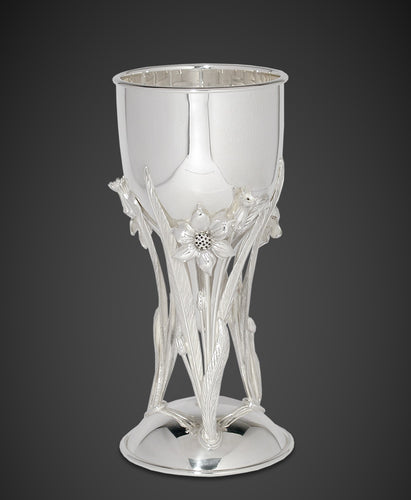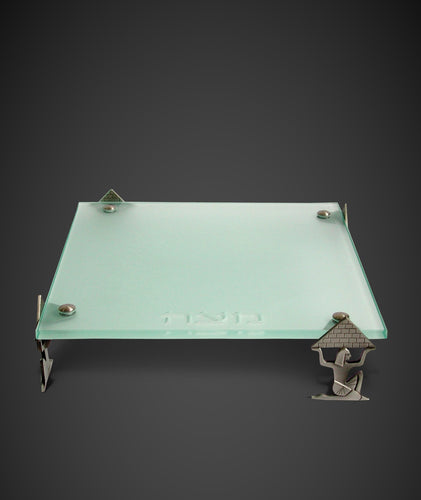Passover
The Passover (Pesach) festival commemorates the Hebrews’ escape from
enslavement in Egypt. Pesach begins on the 15th day of the month of Nissan, the
first month of the Hebrew calendar. In the story of the Exodus, the Torah tells us
that God inflicted ten plagues upon the Egyptians before Pharaoh would release
his Hebrew slaves. The tenth plague was the killing of all of the firstborn, from
Pharaoh’s son to the firstborn of cattle. The Hebrews were instructed to mark
the doorposts of their homes with the blood of a spring lamb and, upon seeing
this, the spirit of the Lord passed over these homes, hence the term “Passover.”
When Pharaoh freed the Hebrews, it is said that they left in such a hurry that they
could not wait for bread to rise. In commemoration, for the duration of Passover,
no leavened bread is eaten, for which reason it is called “The Festival of the
Unleavened Bread.” Matzah (unleavened bread) is the primary symbol of the
holiday. Passover is one of the three festivals (Shalosh Regalim) during which the
entire Jewish populace historically made a pilgrimage to the Temple in Jerusalem.
enslavement in Egypt. Pesach begins on the 15th day of the month of Nissan, the
first month of the Hebrew calendar. In the story of the Exodus, the Torah tells us
that God inflicted ten plagues upon the Egyptians before Pharaoh would release
his Hebrew slaves. The tenth plague was the killing of all of the firstborn, from
Pharaoh’s son to the firstborn of cattle. The Hebrews were instructed to mark
the doorposts of their homes with the blood of a spring lamb and, upon seeing
this, the spirit of the Lord passed over these homes, hence the term “Passover.”
When Pharaoh freed the Hebrews, it is said that they left in such a hurry that they
could not wait for bread to rise. In commemoration, for the duration of Passover,
no leavened bread is eaten, for which reason it is called “The Festival of the
Unleavened Bread.” Matzah (unleavened bread) is the primary symbol of the
holiday. Passover is one of the three festivals (Shalosh Regalim) during which the
entire Jewish populace historically made a pilgrimage to the Temple in Jerusalem.



